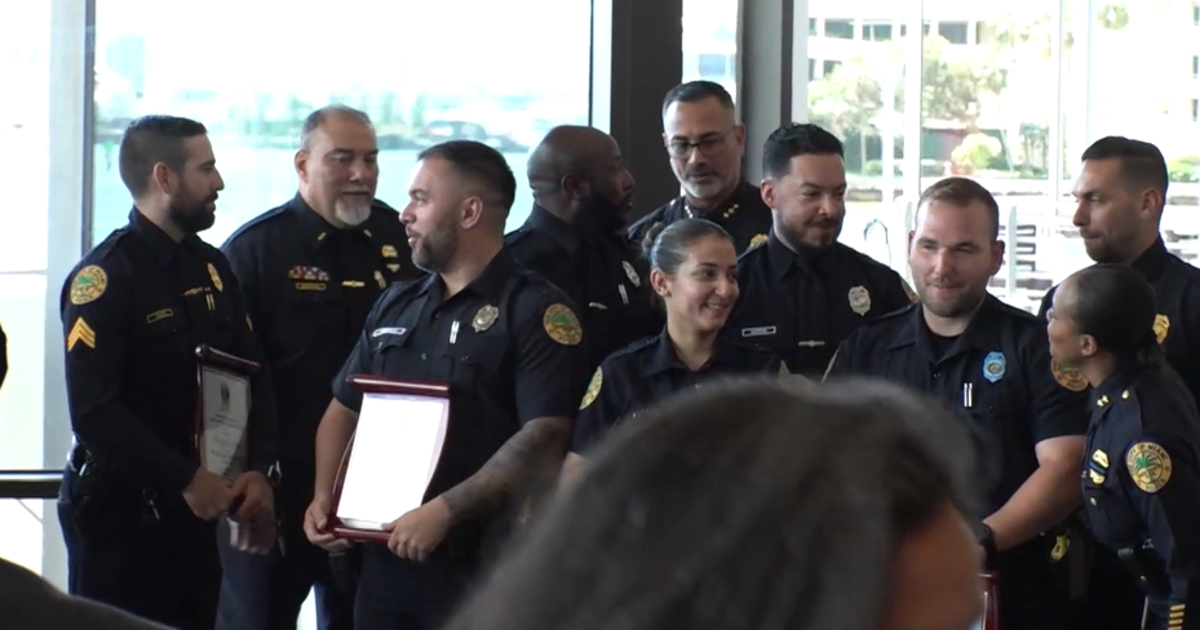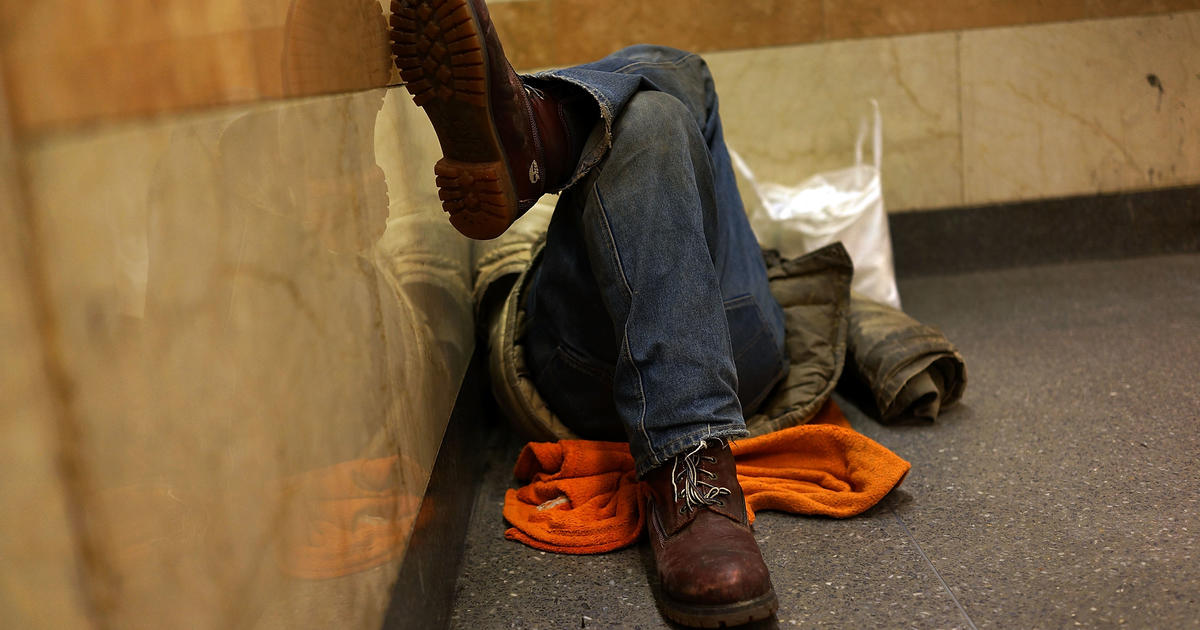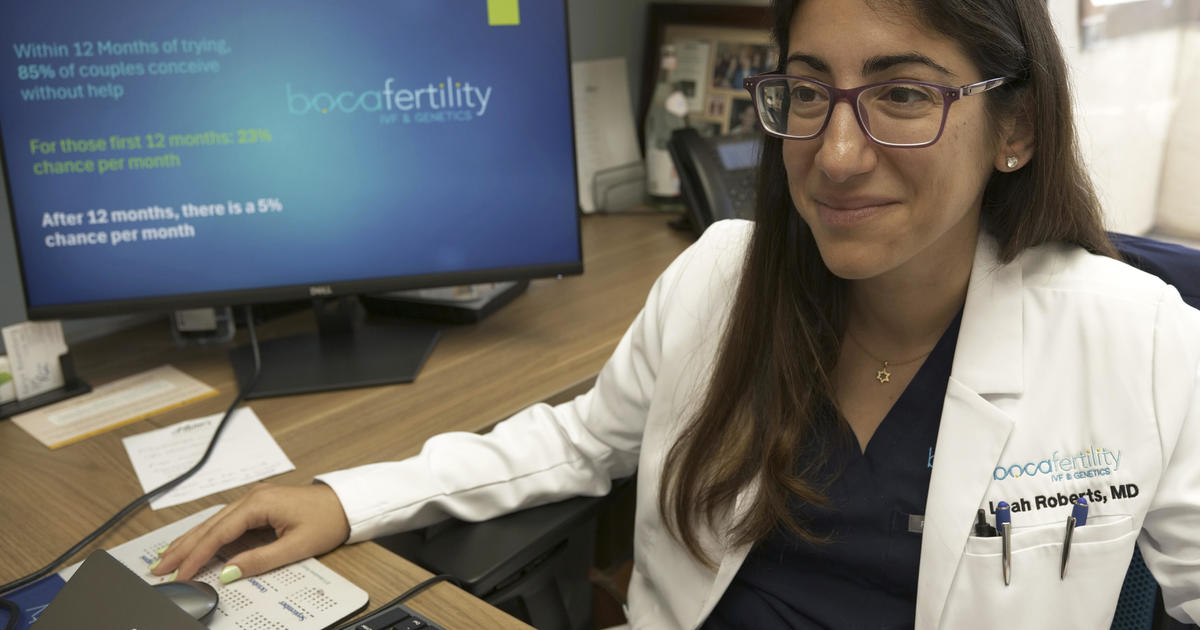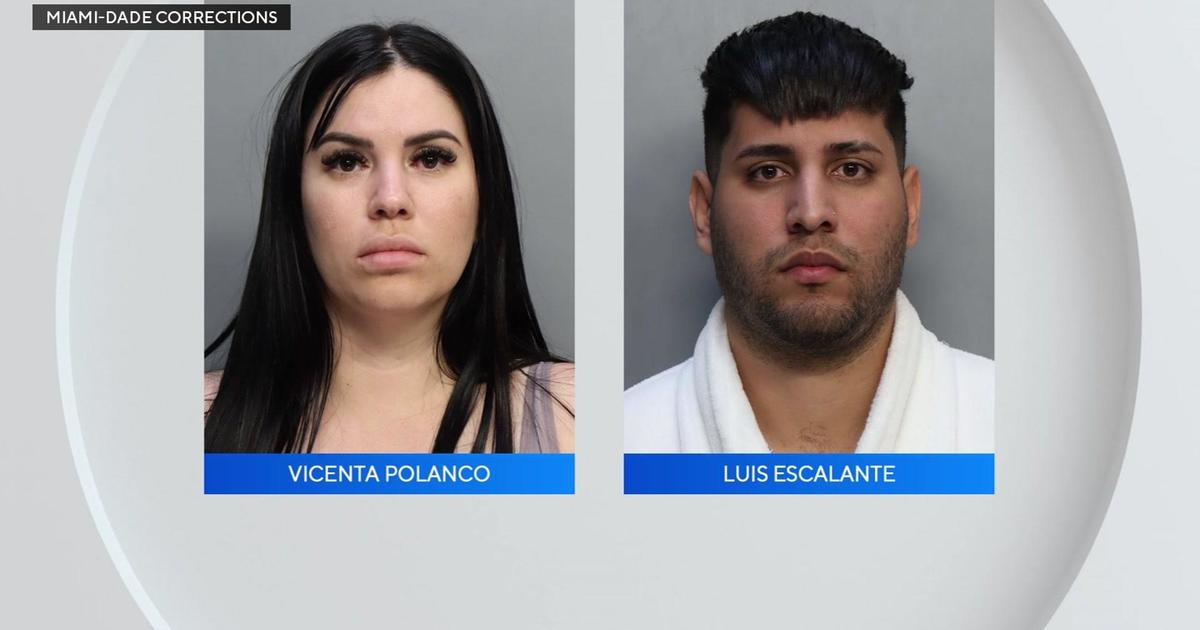Miami-Dade Mayor Carlos Gimenez, Doctors Say Not Wearing Mask Or Socially Distancing Is Driving Up Coronavirus Numbers
MIAMI (CBSMiami) - A number of factors play into the spike in COVID-19 cases in Miami-Dade including people not taking it seriously by not wearing masks and social distancing.
That's according to medical experts who advise Mayor Carlos Gimenez.
During a virtual press conference on Monday organized by the mayor, Dr. Tanira B. Ferreira, Chief Medical Officer of Inpatient and Acute Care Services at University of Miami Health System, said we're stilling a large number of cases, but she feels we are in the back end of the first phase.
"I think the issue is, the principles of the spread of this virus has not changed. The scientific evidence is very clear. It's person to person spread and due to the behavior of people not wearing masks, by not adhering to social distancing and other forms of hygienization," she said.
Dr. Aileen M. Marty, an Infectious Diseases Specialist at Florida International University, agreed, saying people need to follow the guidelines so we can flatten the curve.
"There's growing evidence, and there has been over the last two months, there's a significant amount of virus that is in aerosol. In other words, five microns in size, eeny, weeny, tiny droplets and these accumulate when people just breathe and that has to happen when we are anywhere. If you are not wearing masks, as happens when you're in group spaces like restaurants, we run into this major problem of accumulating amounts of virus that is floating around in the air which makes those indoor spaces very, very dangerous," she said.
Marty said one of the big problems is public perception. She said many people have not taken it seriously enough and have not adhered to the new normal guidelines.
"They have not wanted to wear masks and have been in enclosed spaces with taking the appropriate precautions and that's the main reason we are where we are," she said.
Marty said we do need more contact tracers, more testing capacity with a higher results turnaround, and more hospital staff who have the knowledge to handle today's demand.
Dr. Lillian Abbo, an Infectious Diseases specialist, told CBS4s' Peter D'Oench, "Everyone working in this realizes that we are in this together and we need a unified response. We currently have our hospitals full and we are able to care for patients with COVID-19 and non-COVID-19 but every health care worker is working non-stop."
She also expressed concern about the health care workers getting sick as a result of their work and the burden that places on the system.
Yesenia Villata with the state's Department of Health offered some potentially life-saving advice.
"Avoid touching your nose and mouth," she said. "Cover your mouth when sneezing. Disinfect high impact surfaces and stay home when you are wick. If you start to exhibit signs of COVID-19 let your close family members know and those you have had contact with know so they can take extra precautions."
Carlos Migoya, President and Chief Executive Officer of Jackson Health System, said Jackson Memorial Hospital was at 90 percent of capacity, meaning it was full and he expected to see the peak of the cases in the next two to three weeks.
Gimenez said he does not want to go backward and reorder more closures to help flatten the curve. He said everyone should act like they have the virus and wear masks and socially distance to protect others.
On Monday, Miami-Dade saw an increase of 3,269 additional COVID-19 positive cases for a total of 67,713 cases in the county.



